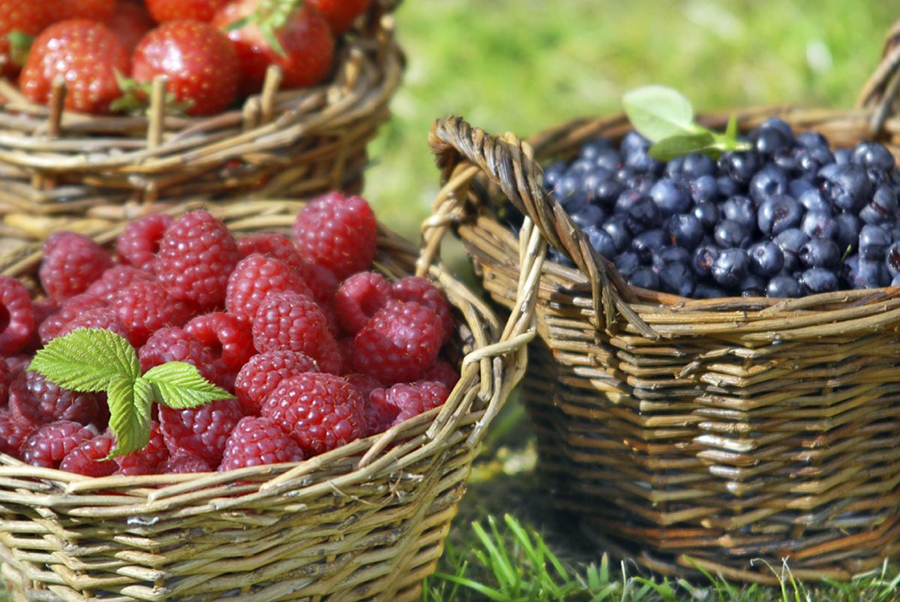
Alright folks, I have been bitten by the berry bug!
I have spent most of my free time this month on GrowOrganic.com, browsing their collection of berries and fruits to pre-order in time for spring shipments.
Just like most gardeners, I was lured into growing my own food out of a desire for self-sufficiency and to teach my kids about where food comes from. My first attempts at gardening included the typical tomatoes, corn and beans, but I have been meaning to jump into growing the ingredients to everyones favorite meal of the day – dessert!
With home gardening, I think it is inevitable that the fruit garden will eventually take root! (Not to mention, if you are at all into nouvelle cuisine, backyard berries are a must!)
This spring I am planning on focusing on small fruit – namely fruit grown as a cultivated, perennial crop, on small plants, canes, bushes, or vines – strawberries, rhubarb, brambles, blueberries, lingonberries, currants, gooseberries, grapes, kiwifruit and the like.
It is super hard to make up my mind on which ones to start with, because there are tons of options for berry growing that are suitable for novices and adventuresome gardeners alike!
At the Root of it All
I do not have much experience growing small fruit, so I am embarking on what I hope will be a lifelong pursuit of perfecting the art of raising backyard berries. I plan to blog much more this coming year on the topic of how to successfully plant, raise, and harvest backyard berries.
I know that as with many skills, learning the basics first will lead to greater success and satisfaction. Many gardeners, in their haste to enjoy the fruit of their labor, overlook the most essential ingredients to a successful fruit garden – preparation. I must admit that I am one of those overly eager gardeners that gets started right away, only to get stumped as to why an abundant harvest isn’t forthcoming.
It is SO IMPORTANT to give serious thought to each plants unique requirements. To avoid the frustration of a meager harvest, I plan on beginning at the roots, if you will. (Haha, see what I did there?)
Right now, before I buy a single fruit plant, I am going to do my homework and learn the fundamentals. I am sure my effort will pay off in the long run.. or at least that is what I keep telling myself. 😉
So I hope you guys stay tuned and join me on this journey of learning basic botany, soil science, and horticulture!
3 Pre-Planning Tips for Starting a Backyard Berry Garden
To help any fruiting plant or vine grow and produce to its potential, there are several things that can and should be done.
FIRST, Consider Your Geographic Region
You will need to determine whether your geographic region of the country is suitable for fruit growing. Most regions fortunately are, but you will have the most satisfactory results in you choose those fruit most suited to your climate. You can find your growing zone by CLICKING HERE. Once you learn your zone, a quick internet search should show you which fruit are suitable to your region of the country.
SECOND, Consider Your Growing Season
You will need to consider the length of the growing season in your area. This is often the biggest limiting factor in raising fruit producing plants. Fortunately, most berries have a short enough season requirement that does not pose a problem. Some grape varieties, as well as fall bearing raspberries, may not ripen sufficiently in the shortest growing season areas, however.
THIRD, Consider Your Weather
Depending on the county you live in, you need to consider temperature extremes in your area. In the north, this may mean winter cold. In some areas of the south, extreme heat and humidity or very dry weather may require specifically adapted varieties and types of fruit. Your local extension service can point out considerations that may be necessary in your specific area.
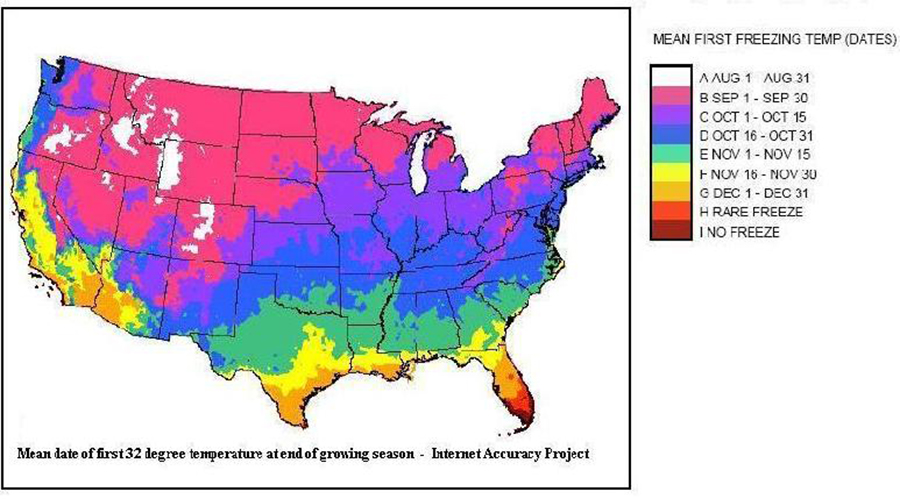
After assessing the general suitability of your area for fruit growing, then you can move on to one of the first and most important, but often neglected activities to attend to – the selection and thorough preparation of a specific planting site. But more on THAT topic later!

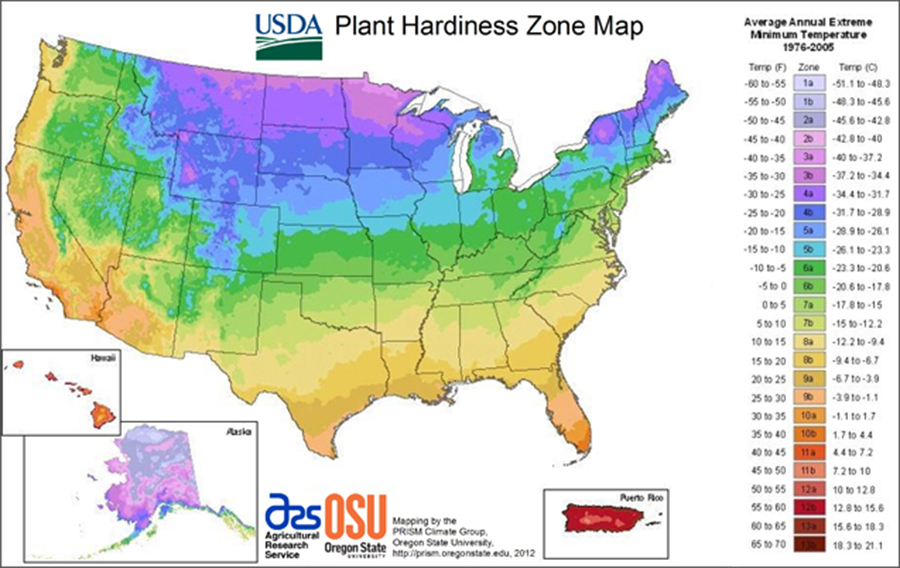
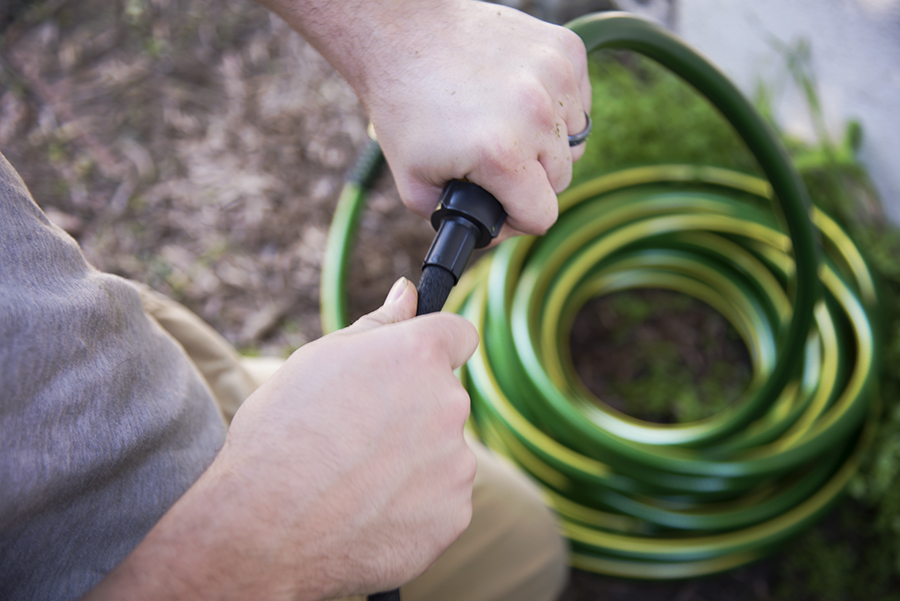
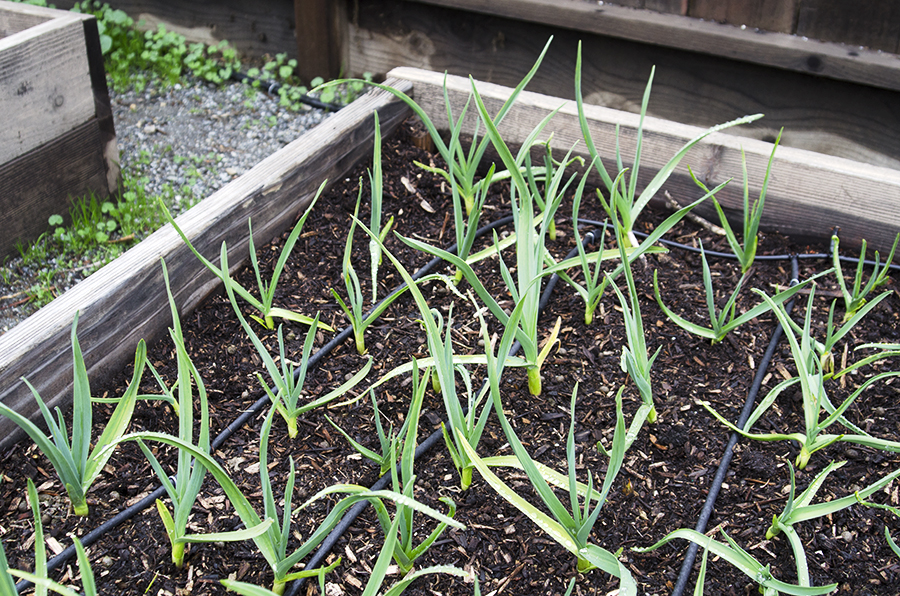
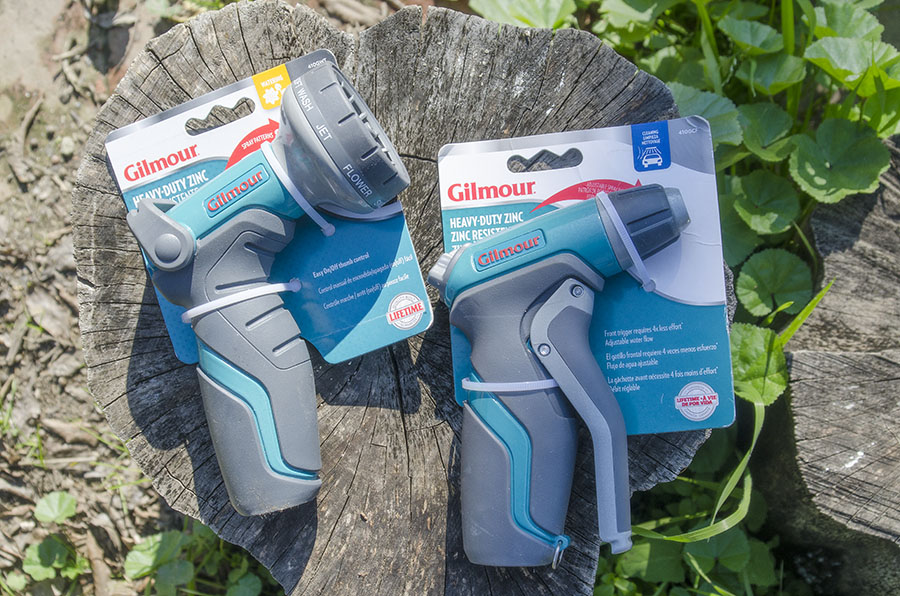
I know from experience, that in order for your blueberries to thrive and actually produce the berry itself, you must remember to have the male and female plants…to cross-polinate.
Yeah, I was just reading about that! I am planning on leaving blueberries for another year.. will probably just do strawberries, raspberries, blackberries and rhubarb this year!
Another interresting article
Kisses
Maggie
Thanks Maggie! <3
Great tips, I love these fruits!!!
Kisses, Paola.
Me tooooo!!!! Thanks for stopping by Paola! <3
You can’t beat home grown fresh berries …
Thanks for sharing this information
All the best Jan
Of course! Thanks for stopping by! <3
I think we have a short growing season here in Nova Scotia, due to the long cold winters but our climate usually is good for berries, what’s really nice is that there are patches around that you can pick for free… I think having your own garden would be wonderful xox
Yeah, there are patches like that all over my in-laws home in Washington State.. the girls have so much fun picking the berries, I figured we need to bring it to our back yard!
There is nothing better than fresh berries! I would love to have a garden full of them!
Jill
Doused in Pink
You should start one! It seems to be relatively easy, just requires some initial planning! <3
Great tips! I will keep them in mind.
http://www.kashayas.se
<3 <3 <3 <3
I think your tips are really helpful and very practical. I did not think that considering geographic area and growing season is so important but after reading your article I must say that they are essential. I will share your article with my gf in Cape Town who has green fingers like you!
X
Miri
http://currentlywearing.com
Yeah, it plays such a HUGE role! So when you order online, like I do, it is crazy important to remember to check the zoning! <3
Berries sound wonderful, but I am the worst gardener ever.
Awwww, what have you tried to grow??
Great post, never tried growing them at home but want to add for my garden upgrade plans in the spring.
You should! Most companies allow pre-orders of bare root stock in the winter (so now!) and then ship them in the spring.. that is what we are doing!